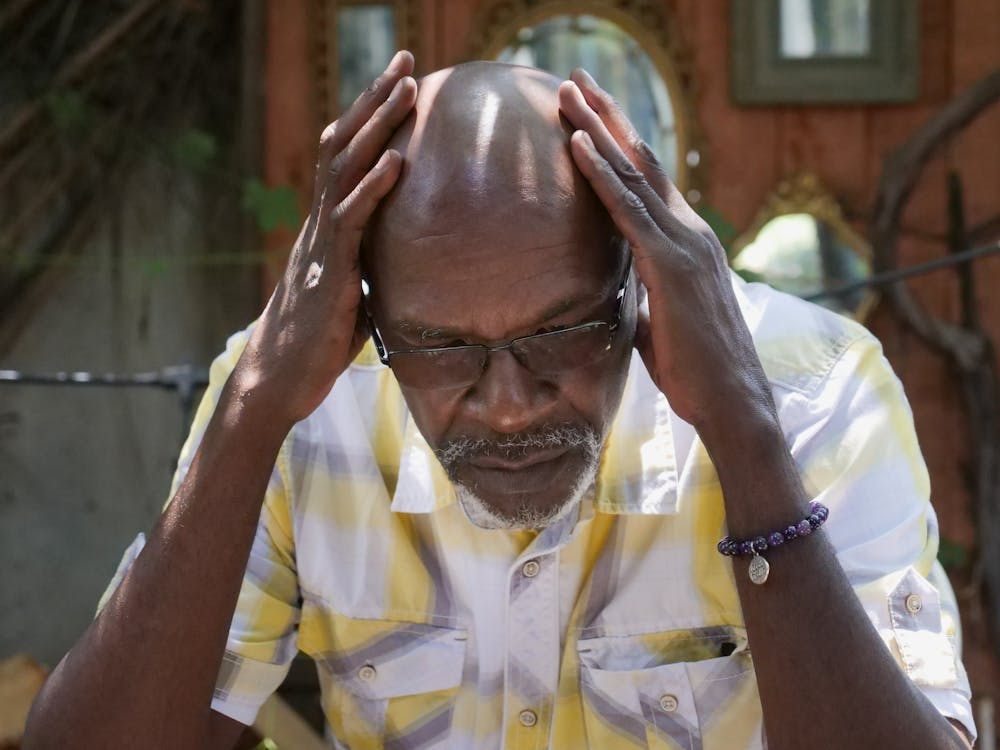
Retirement was meant to be a time of freedom and security, but for millions of Australians, it is becoming a financial trap.
Many will spend their golden years sending money to landlords instead of enjoying the benefits of homeownership.
This looming crisis threatens to redefine what it means to grow old in Australia.
The scale of rental retirement
By 2056, four million Australians aged 65 and over were projected to be living in rental retirement—a 202 per cent rise from the current 1.37 million.
Homeownership had traditionally offered both security and wealth preservation, but renters faced a relentless drain on their superannuation.
In Sydney, households with a new mortgage spent 50 per cent of their income on housing, while tenants paid 33 per cent, translating for retirees to a weekly median rent of $1,085—$56,420 per year.
'Australia is still very much in a housing crisis that has been decades in the making.'
Housing affordability trends
Housing affordability continued to deteriorate in 2024, with prices and rents hitting record highs as supply failed to meet demand.
Only 22 per cent of Australians were satisfied with housing availability, while 76 per cent expressed dissatisfaction.
First-time buyers now purchased homes at an average age of 35, up from 25 at the turn of the century.
Older Australians under pressure
Even older Australians felt the strain, with 35 per cent of people aged 65 and older dissatisfied with affordable housing availability, despite more than four in five owning their homes.
Did you know?
Housing stress 71 per cent of Australians seeking emergency assistance were spending more than 30 per cent of their income on housing costs, increasing the risk of homelessness.
Homeownership remained a key factor in retirement security, while renters faced poorer outcomes.
Finance broker Mansour Soltani warned Australia risked becoming 'another Hong Kong, London, or New York, where wealthy people, or families, have property and pass it on to their kids and everyone else rents.'
The Australian Superannuation Funds Association revealed the stark cost differences.
A couple owning a home required $49,992 per year for a modest lifestyle, while renters needed $66,296—more than $16,000 taken directly from superannuation savings.
Retirement funding requirements (ASFA Standard)
Homeowners (modest lifestyle): $49,992 per year
Renters (modest lifestyle): $66,296 per year
Annual difference: $16,304—Weekly rent impact: $313
Government responses and limitations
Government responses fell short, with Australia projected to miss the target of building 1.2 million new homes by mid-2029 by around 375,000 units.
While $25 billion in housing investments had been committed over the next decade, experts warned it was insufficient.
Zoning restrictions in Melbourne and Sydney limited building height, creating 'missing middles'—prime inner-city land barely utilised.
Soltani suggested building 'two new cities in NSW with great transport into the city' to ease demand.
International comparisons highlighted the crisis, with Sydney ranking 94th for affordability out of 95 markets analysed, ahead of only Hong Kong.
A household in Sydney needed about $280,000 a year to afford the median house price of $1.4 million.
Rents had soared—80 per cent in Perth, more than 50 per cent in Brisbane and Adelaide, and roughly 20 per cent in Sydney and Melbourne over the past four years.
Rethinking wealth building
Experts urged Australians to rethink wealth building, as rental yields dropped from six or seven per cent in 2000 to around 2.5 per cent, prompting some to turn to shares or cryptocurrency.
Soltani said many would 'give up on property as an asset class and use shares to generate wealth for retirement.'
Real stories underscored the human cost, with James and Liz, a western Sydney couple in their late twenties, moving in with her parents to save for a deposit.
'We save every penny. We want to be homeowners and not be renting,' James said.
'It's like you're running on a treadmill. You're not really getting anywhere.'
Scott McKenzie, a 28-year-old electrician earning over $200,000 with his partner, had saved $110,000 but still could not find affordable property and considered moving to Scotland.
Older women struggled even more, with women aged 60-64 having $57,207 less in superannuation than men on average.
Retirees renting faced a challenging outlook, but interest rate cuts in 2025 offered some hope, with three implemented and another forecast for November.
Gareth Croy advised diversification, recommending superannuation, shares, and other investments instead of relying solely on property.
Signs of progress
Growth in housing prices and advertised rents slowed in 2024, and the supply of social and affordable housing increased due to government investment.
Victoria and NSW implemented upzoning around transport hubs, allowing more homes in established suburbs.
What This Means For You
By 2056, four million Australians aged 65 and over were projected to be renting, a staggering 202 per cent increase from today.
Renting in retirement significantly drained superannuation, with retirees needing $16,304 more annually than homeowners to maintain a modest lifestyle.
While government interventions had attempted to increase housing supply, they remained insufficient to meet demand, and zoning restrictions continued to limit inner-city development.
As a result, alternative wealth-building strategies—including superannuation, shares, and other investments—were becoming increasingly essential for retirement security.
For Australians approaching or in retirement, this means planning carefully is more important than ever, considering ways to protect savings, maximise super contributions, and explore investment options that could reduce reliance on rental housing.
For those curious about how different housing options can affect retirement finances, there’s a story that dives into the real costs of a popular living arrangement.
It examines the balance between comfort, convenience, and affordability, revealing that not every promise of a golden life comes without trade-offs.
This follow-up provides practical insight into how housing decisions can influence long-term financial security.
Read more: Retirement Villages Promise a Golden Life – But at What Cost for Older Australians?
What strategies are you considering to protect your retirement in an era of rising rents and unaffordable housing?







